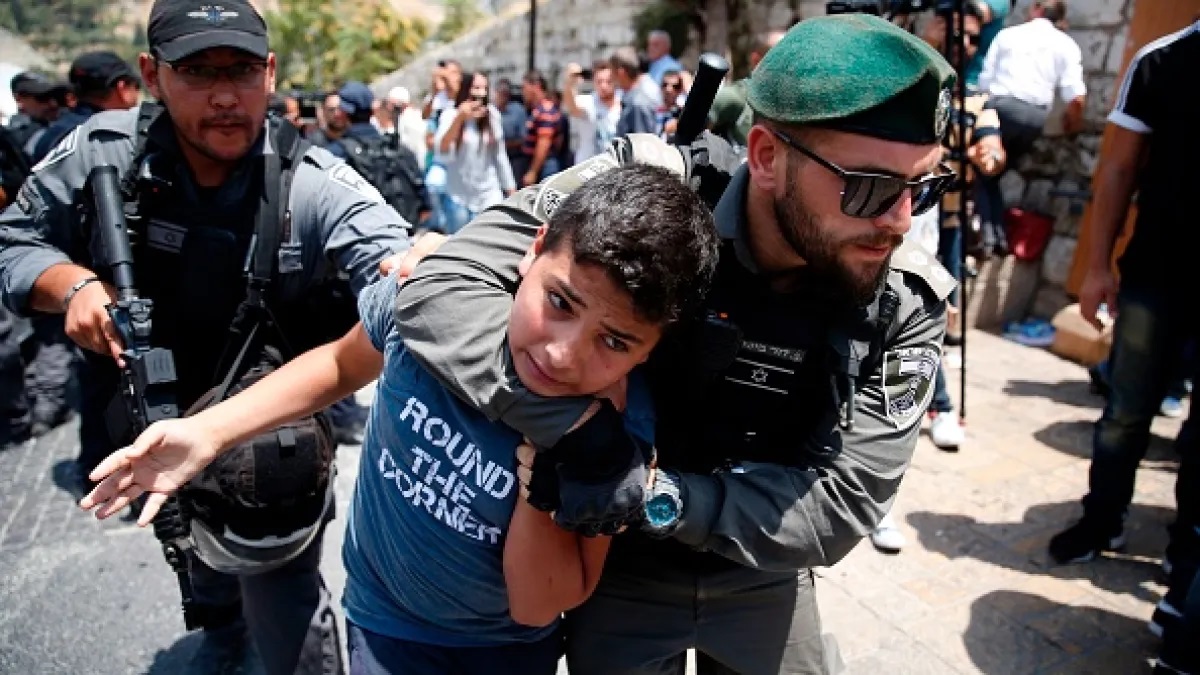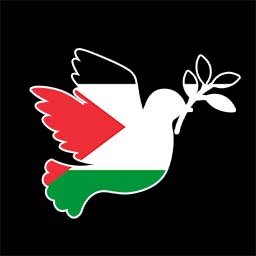Israel's compliance with international law has been a subject of intense scrutiny since its establishment in 1948. From alleged breaches of humanitarian norms to violations of specific treaties and conventions, the state’s policies and actions have ignited global debates.
Violations of Key International Statutes
The Fourth Geneva Convention
The Fourth Geneva Convention, adopted in 1949, outlines the protection of civilian populations during wartime. Israel’s policies in the occupied territories—such as settlement construction, property demolitions, and restrictions on movement—are widely viewed as contraventions of this convention. Articles 49 and 53 explicitly prohibit an occupying power from transferring its civilian population into occupied territory or destroying property unless absolutely necessary for military operations.
The United Nations Charter
The UN Charter enshrines principles of territorial integrity and the prohibition of forceful acquisition of land. Israel’s annexation of East Jerusalem and the Golan Heights, alongside its actions during the 1948 Arab-Israeli War, challenge the spirit of the Charter, which seeks to uphold sovereignty and peaceful dispute resolution.
Universal Declaration of Human Rights (UDHR)
The UDHR guarantees fundamental rights, including freedom of movement and the right to return to one’s homeland. By denying the right of return to Palestinian refugees displaced during the 1948 Nakba, Israel stands accused of violating these principles, particularly Article 13 of the declaration.
The International Convention on the Elimination of All Forms of Racial Discrimination (ICERD)
Discriminatory laws, such as the Absentee Property Law and the Nationality Law, disproportionately affect non-Jewish Palestinians, fostering a system critics liken to racial segregation. These policies contradict the ICERD’s aim to eliminate racial discrimination in all its forms.
Convention on the Rights of the Child
Reports of Israeli military actions affecting Palestinian children, including detentions and fatalities, raise concerns about Israel's adherence to this convention. Article 37, which prohibits cruel or degrading treatment of children, is frequently cited in critiques of the Israeli military's handling of young detainees.
Convention Against Torture
Numerous human rights organizations have documented instances of ill-treatment of Palestinian prisoners, which they argue contravene the Convention Against Torture and Other Cruel, Inhuman or Degrading Treatment or Punishment.
United Nations Resolutions and International Advisory Opinions
Israel has faced significant censure from the United Nations:
- Security Council Resolutions: Israel has violated at least 28 legally binding UN Security Council resolutions, including those addressing settlement expansion and military activities in the occupied territories.
- General Assembly Resolutions: While non-binding, nearly 100 General Assembly resolutions condemn Israel's policies as inconsistent with international norms.
- International Court of Justice (ICJ): The ICJ’s 2004 advisory opinion declared Israel's separation wall in the West Bank illegal, urging its dismantlement and reparations for affected Palestinians. Israel has not complied with this ruling.
Land Acquisition and Displacement: A History of Controversy
Illegal Acquisition of Land
During the 1948 Arab-Israeli War, Israel seized territories beyond the boundaries established by the UN Partition Plan. The annexation of East Jerusalem in 1967 and other territorial expansions further cemented accusations of illegal land acquisition by force.
The Right of Return
More than 750,000 Palestinians were displaced during the 1948 war, a crisis now referred to as the Nakba (Catastrophe). UN Resolution 194 explicitly supports the right of these refugees to return to their homes, but Israel has consistently denied this, citing demographic and security concerns.
Destruction of Property
In addition to the initial displacement, over 500 Palestinian villages were destroyed during the 1948 conflict. Since 1967, Israel has demolished over 18,000 Palestinian homes, affecting more than 100,000 individuals. Such actions often occur under the pretext of security, yet they are widely condemned as collective punishment.
A Legal and Ethical Debate
The 1973 International Convention on the Suppression and Punishment of the Crime of Apartheid defines apartheid as policies and practices aimed at establishing domination by one racial group over another. Many critics argue that Israel’s treatment of Palestinians, both in the occupied territories and within Israel, fits this definition:
- Segregation: Separate legal systems govern Israeli settlers and Palestinians in the West Bank.
- Discriminatory Laws: Examples include the Law of Return (1950) and the Absentee Property Law (1950), which privilege Jewish citizens over non-Jewish residents.
- Restricted Access: Palestinians face barriers in accessing healthcare, education, and basic infrastructure, especially in Gaza, where the blockade has created severe humanitarian crises.


